Editorial Opinion
Presidential public asset declarations: Matters arising
Published
9 years agoon
By
PublisherPRESIDENT Mohammadu Buhari’s recent declaration of his assets publicly has given him more mileage in his political journey. Though belated, it is nevertheless an action so widely desired by all Nigerians. In Nigeria, where popular expectations of enthroning integrity and transparency in governance have been raised high, the pain of inaction may have been most intolerable. And this is where we have to commend both the President and the Vice President for keeping faith with Nigerians in their demand for a clear, thorough and comprehensive public declaration of their material possessions. What is at play by this public declaration of assets is to inform Nigerians that we can now celebrate a return of hope and optimism in our ongoing experiment with western democracy.
Assets declaration is a strategic political victory and a pointer to a future of open, accountable and transparent democracy as practised in the developed world. It is agreed, regardless of class or political affiliation, that Nigeria is confronted today by a contested struggle and the challenge of hyper corruption which is fuelled by our loose commitment to prosecution and perceptible aversion to probity, integrity, honesty, transparency and accountability. In fact the sheer paucity of knowledge of the assets of our public officers has systematically encouraged corruption over the years and stripped our democracy of the values of transparency and accountability which this administration has vowed to change.
Both President Mohammadu Buhari and Vice President Yemi Osinbajo (VP) have done something heart- warming through their assets declaration to shift the irritating paradigm where Nigerians are kept in the dark of the networth of their public figures who, in turn, exploit this political vacuum to loot humongous sums of public money. What the President and the VP have done is to bring reform to our democracy; win the trust of Nigerians, encourage hope and enthusiasm and the introduction of a new template for present and future public office-holders.
However, going beyond the euphoria of the assets declaration, we note also some loopholes in the handling and delivery of the exercise. Section 140 (1) of the Constitution of the Federal Republic of Nigeria states, “A person elected to the office of President shall not begin to perform the functions of that office until he has declared his assets and liabilities as prescribed in this Constitution and he has taken and subscribed the Oath of Allegiance and the oath of office prescribed in the Seventh Schedule to this Constitution.” Going by the wording of the Constitution, the President and the Vice President have more than obeyed this section of our Constitution.
But paragraph 11 (1) of the Fifth Schedule to the Constitution of the Federal Republic of Nigeria 1999 (as amended) requires all public officers, including the President, VP, Governor, Deputy Governor, Ministers, Commissioners not only to declare their assets and liabilities before performing the functions of their offices but also to declare same again after 4 years or upon completion of their offices. Therefore, the Code of Conduct Bureau (CCB) must gird their loins and make sure that the verification exercise which they did at the commencement of the public officers’ terms of office must be repeated when their terms of office end, and must also be made public. So far the CCB has been a docile, indolent Bureau, merely receiving and filing away all declaration of assets Forms, without more! The CCB must be up and doing and be seen to be enforcing conformance with the provisions of the Constitution. The President and the Vice President cannot turn a blind eye to this provision of our Constitution requiring them, not only to declare their assets, but to declare their liabilities as well. There is no obfuscation in the wordings of the Constitution. Without any irony, this action is unsettling.
The President promised to declare his assets in March, 2015, during his campaign, a promise which the Nigerian electorate had insisted he must fulfil. He also once declared himself insolvent and had had to borrow money from his bankers, Union Bank, to pay off the prescribed sum of N27million naira for the APC Presidential Nomination Form. Now, and almost miraculously, President Mohammadu Buhari has quit bankruptcy, and has N30million naira in his bank account!
We note and condemn President Mohammadu Buhari’s hesitation to declare his assets publicly in spite of his promise. He initially privately declared his assets to the Code of Conduct Bureau (CCB), but when Nigerians mounted pressures on him, he did the right thing. It was alleged that his Special Adviser on Media and Publicity, Mr Femi Adesina, had to remind him of his covenant with Nigerians before action was taken to go public with his assets. These are regrettable actions from a reformist President whose affirmation of moral conviction has endeared him to the majority of Nigerians.
Even if the President and Vice President have declared their assets publicly, and not a few Nigerians consider this a salutary development, it should be stated that the word “publicly” is not in the Constitution. That being so, it behoves the National Assembly to amend section 140 (1) of the Constitution that stipulates “to declare their assets and liabilities” to read “to publicly declare their assets and liabilities”.
You may like
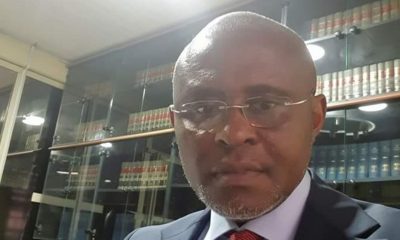

Legal luminary, Ikonne, picks holes in presidential tribunal judgment
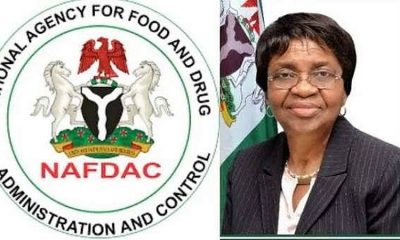

NAFDAC alerts public on defective tetracycline ointment


NAFDAC alerts public against use of weight loss pill


Okowa is an asset to Nigerians – Atiku
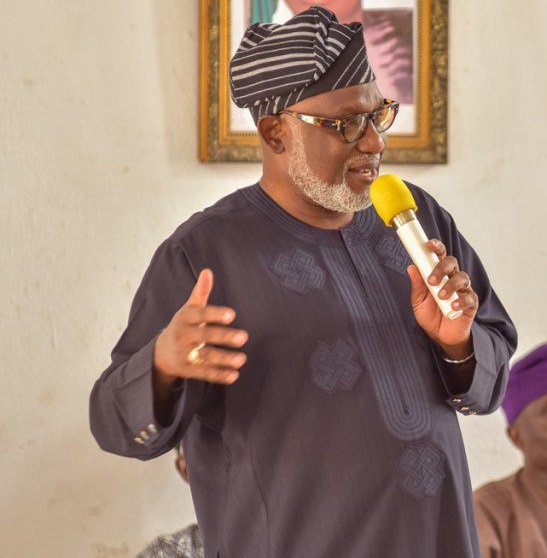

Gov. Akeredolu tasks public places operators, religion centers to install CCTV
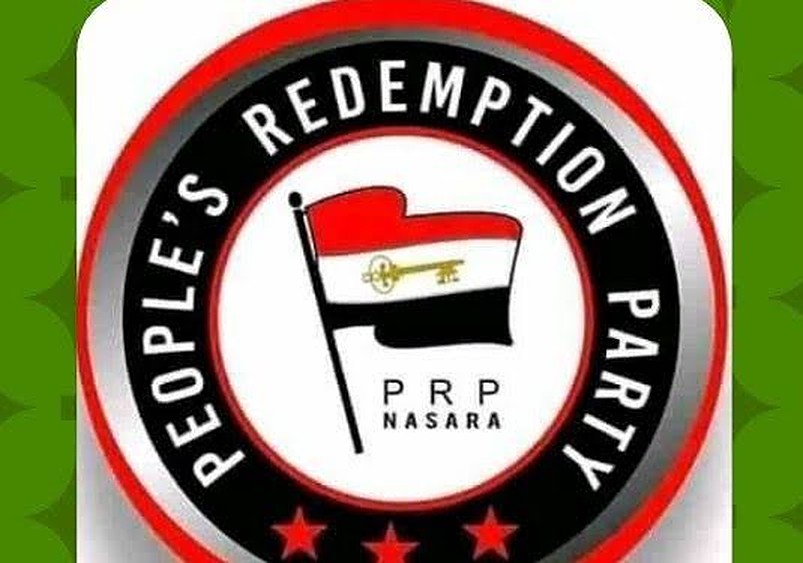

PRP cautions public on fraudulent nomination fees in circulation
Trending

 Football5 days ago
Football5 days agoGuardiola advised to take further action against De Bruyne and Haaland after both players ‘abandoned’ crucial game

 Aviation7 days ago
Aviation7 days agoNCAA suspends three private jet operators for engaging in commercial flights

 Aviation6 days ago
Aviation6 days agoDubai international airport cancels flights as flood ravages runway, UAE

 Comments and Issues4 days ago
Comments and Issues4 days agoNigeria’s Dropping Oil Production and the Return of Subsidy

 Featured3 days ago
Featured3 days agoPolice reportedly detain Yahaya Bello’s ADC, other security details

 Business4 days ago
Business4 days agoMaida, university dons hail Ibietan’s book on cyber politics
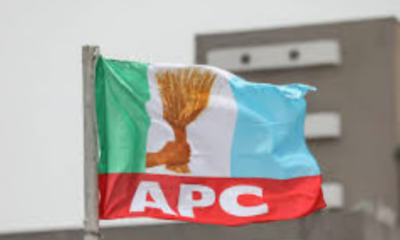
 Featured1 week ago
Featured1 week agoRelationship between Oyetola, Omisore remains cordial — Osun APC

 Education4 days ago
Education4 days agoEducation Commissioner monitors ongoing 2024 JAMB UTME in Oyo

